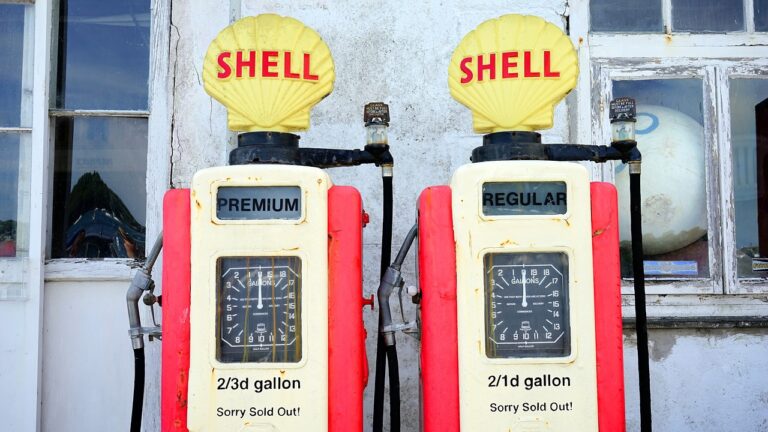The Future of Gasoline and Traditional Gas Stations
One promising alternative to gasoline is biofuels, which are derived from organic materials like plant matter or animal waste. Biofuels can be a more sustainable option compared to traditional gasoline, as they have the potential to reduce greenhouse gas emissions and dependency on non-renewable fossil fuels. Ethanol, for example, is a common type of biofuel that can be blended with gasoline to power vehicles while lowering overall carbon emissions.
Another alternative gaining traction is hydrogen fuel cells, which produce electricity through a chemical reaction between hydrogen and oxygen. Vehicles powered by hydrogen fuel cells emit only water vapor as a byproduct, making them a clean and environmentally friendly option. While the infrastructure for hydrogen fuel cells is not as widespread as gasoline stations, advancements in technology and increasing investments are paving the way for a potential shift towards this alternative fuel source in the future.
• Biofuels, derived from organic materials like plant matter or animal waste, offer a sustainable option to traditional gasoline
• Ethanol, a common biofuel, can be blended with gasoline to reduce greenhouse gas emissions
• Hydrogen fuel cells produce electricity through a chemical reaction between hydrogen and oxygen
• Vehicles powered by hydrogen fuel cells emit only water vapor as a byproduct
• Advancements in technology and increasing investments are paving the way for potential shift towards hydrogen fuel cells as an alternative fuel source
Transitioning to Renewable Energy Sources
As the world faces increasing pressure to reduce carbon emissions and combat climate change, the transition to renewable energy sources has become more urgent. Solar, wind, hydroelectric, and geothermal power are some of the promising alternatives that are being harnessed to replace traditional fossil fuels. These renewable sources offer a cleaner and more sustainable way of meeting our energy needs, with the potential to significantly reduce greenhouse gas emissions.
One of the key challenges in transitioning to renewable energy sources is the reliability and scalability of these technologies. While solar and wind power have made significant advancements in recent years, they still face limitations in terms of intermittency and storage capacity. Developing innovative solutions to store and distribute renewable energy effectively will be crucial in ensuring a smooth and successful transition away from reliance on fossil fuels.
Impact of Electric Vehicles on Gasoline Demand
One significant shift in the automotive industry that has captured attention is the growing prevalence of electric vehicles (EVs). As more consumers opt for EVs over traditional gasoline-powered vehicles, there is a noticeable impact on the demand for gasoline. This transition is driven by various factors, including environmental concerns, government incentives, and advancements in EV technology.
The increasing adoption of EVs is expected to have a notable effect on gasoline demand in the coming years. Countries and regions that promote the use of EVs through policies and infrastructure development are likely to experience a more pronounced decline in gasoline consumption. As the EV market continues to expand and innovate, it will play a pivotal role in reshaping the dynamics of the gasoline industry.
What are some potential alternatives to gasoline for vehicles?
Some potential alternatives to gasoline for vehicles include electricity, hydrogen fuel cells, and biofuels.
How can we transition to renewable energy sources for transportation?
We can transition to renewable energy sources for transportation by investing in infrastructure for electric vehicles, increasing the use of biofuels, and exploring hydrogen fuel cell technology.
What is the potential impact of electric vehicles on gasoline demand?
The increasing adoption of electric vehicles is expected to reduce gasoline demand over time as more people switch to electric cars. This could lead to a decrease in the overall consumption of gasoline.







